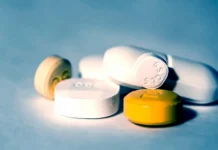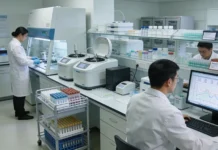Takeda Pharmaceutical Company Limited announced that at the request of the European Commission (EC), the European Medicines Agency (EMA)’s Committee for Medical Products for Human Use (CHMP) has clarified the label changes for pioglitazone-containing medicines recommended in July of this year. The updated opinion has been submitted to the European Commission and the EMA has indicated they expect it to be adopted by the Commission within the next two to three months. In July this year, following a review under Article 20 of Regulation (EC) No. 726/2004, the CHMP concluded that pioglitazone-containing medicines remain a valid treatment option for certain patients with type 2 diabetes. While a small increased risk of bladder cancer has been identified in patients taking these medicines, the CHMP concluded that this risk could be reduced by appropriate patient selection and exclusion, updated contraindications and warnings in the product labels, and periodic review of the efficacy and safety of the patient’s treatment.
EMA recognizes Takeda’s pioglitazone-containing medicines remain a valid treatment option for appropriate type 2 diabetes patients
Subscribe
- Never miss a story with notifications
- Gain full access to our premium content
- Browse free from any location or device.
Media Packs
Expand Your Reach With Our Customized Solutions Empowering Your Campaigns To Maximize Your Reach & Drive Real Results!
– Access the Media Pack Now
– Book a Conference Call
– Leave Message for Us to Get Back
Related stories
Latest stories
Related stories
Subscribe
- Never miss a story with notifications
- Gain full access to our premium content
- Browse free from any location or device.
Media Packs
Expand Your Reach With Our Customized Solutions Empowering Your Campaigns To Maximize Your Reach & Drive Real Results!
– Access theMedia Pack Now
– Book a Conference Call
– Leave Message for Us to Get Back


















